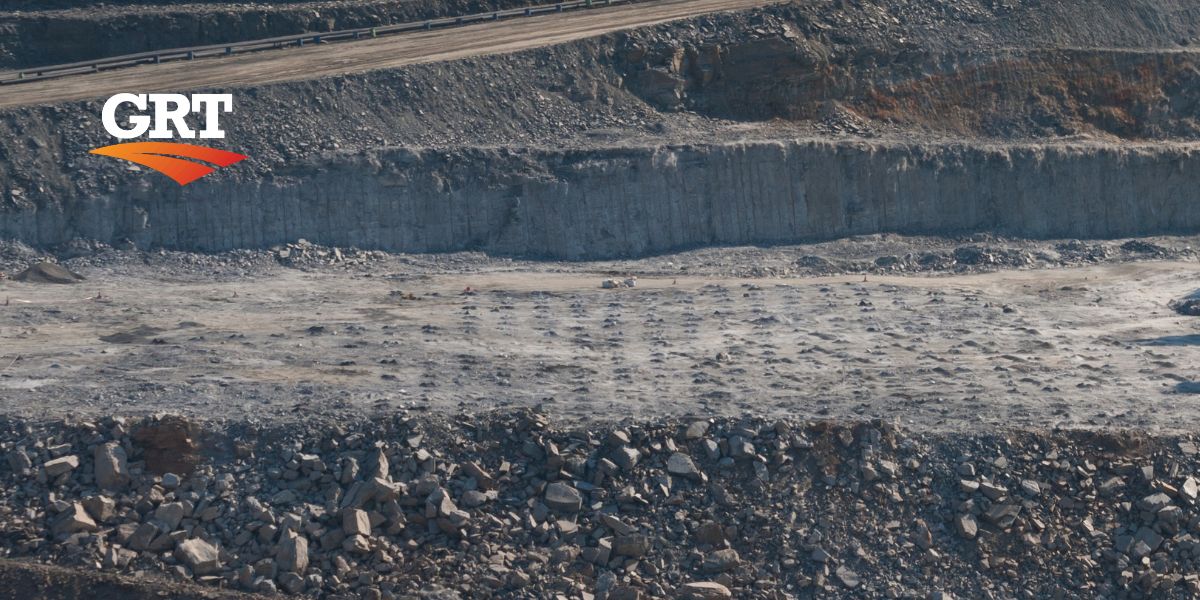Indonesia has big plans to become an Electric Vehicle (EV) power player, relying on the island nation’s abundance of nickel.
Soon-to-be outgoing president Joko Widodo has set his country on course to harness the Energy Transition and expand its mining industry; however, Indonesia’s path will also be complex. As South East Asia’s biggest economy and with close ties to China – a nearby economic behemoth – Indonesia plans to increase its manufacturing base to accommodate Chinese EV production. These ambitions are, of course, helped along by a wealth of critical minerals beneath its soil, particularly the prevalence of nickel.
Indo has also received significant funding from the communist state to develop its nickel mining industry, putting the two in lockstep towards a broader battery metals partnership. There will be struggles, however, if the country is to drive up the EV supply chain. According to an assistant economist at Oxford Economics, Makoto Tsuchiya, Indonesia must make broad improvements in the interim.
“Their economy needs more skilled labour, deeper industrial infrastructure and more low-carbon energy supplies if it wants to produce batteries or electric vehicles in high volumes,” Tsuchiya said. “The country will also need to offer a more stable business and regulatory environment than it has in the past.”
In addition, Indonesia’s nickel mining industry is dirty, with a significantly larger carbon footprint than the global average. This means exports into Europe and other Western nations will incur extra tariffs based on carbon emissions in the supply chain. These are sometimes referred to as Scope 3 emissions. However, if Indonesia can overcome the hurdles, it may become a leader in the race to net zero, which will benefit its neighbours in the region, including Australia.
Are environmental regulations, health and safety concerns or potential profit loss a concern right now?
Aussie LNG Workers Secure Pay and Benefits in Chevron Deal
American energy supermajor Chevron has narrowly avoided strike action at its Australian sites after striking a deal with workers over pay and conditions. The planned strike, organised by Chevron’s unionised workforce, was set to affect the companies Gorgon, Wheatstone and offshore facilities, putting about 6% of global LNG supply in jeopardy. After the Fair Work Commission (FWC) stepped in to mediate the discussions, workers under the Offshore Alliance (OA) secured a significant improvement to their conditions.
According to Reuters and the Australian Financial Review, the deal includes:
- Allowances for remote work of A$103,000 (US$66,180) a year for workers on the offshore Wheatstone gas platform.
- A$85,000 a year for those onshore at the LNG plants at Wheatstone and Gorgon.
OA Fights Chevron to Match Agreed Terms
The OA had been fighting for Chevron to match the terms agreed to by Woodside Energy in its recent deal with the unions. The Woodside deal saw total annual remuneration for offshore platform technicians set at between A$350,233 for entry-level and A$418,337 at the highest tier.
Over 350 Chevron workers had threatened to strike after negotiations dragged out. Industrial action would have had a steep impact on the 15.6 million tonnes per annum (tpa) Gorgon LNG project, alongside Wheatstone, which has a capacity of 8.9 million tpa and the 16.9 million tpa North West Shelf LNG project.
In response to the new proposal, Offshore Alliance spokesman Brad Gandy said: “Commissioner Riordan’s (FWC) recommendation contains substantial improvements in terms and conditions of employment, including increased remuneration, job security, locked-in rosters, career progression and returning all employees to a 40% roster.”
The Offshore Alliance will now work with Chevron to finalise the agreement’s drafting, with members soon to cease current industrial action.
The deal also delivered good news for Chevron and its LNG customers worldwide.
“We are also pleased to have continued to meet all our commitments to domestic and international customers during this time,” the company said after the deal was sealed.
Dust suppression is a critical issue in the world of mining and resources.
Learn more about GRT’s industry-leading and IoT-connected SMART Dosing Units, and discover how we’re driving better dust suppression solutions for all!
Your feedback is important to us.
If you enjoyed reading this Global Road Technology industry update and found it informative, please let us know by leaving a REVIEW.
References:
https://www.mining.com/web/indonesias-ev-mission-will-be-trickier-than-just-mining-nickel/
Troy Adams
Troy Adams is the Managing Director of Global Road Technology (GRT) Specialising in Engineered Solutions for Dust Suppression, Erosion Control, Soil Stabilisation and Water Management. A pioneering, socially conscious Australian entrepreneur, Troy Adams is passionate about health and safety and providing innovative solutions that are cost-effective to the mining industry, governments and infrastructure sectors. Troy is also a tech investor, director of companies like Crossware, Boost, Hakkasan, Novikov and more.

